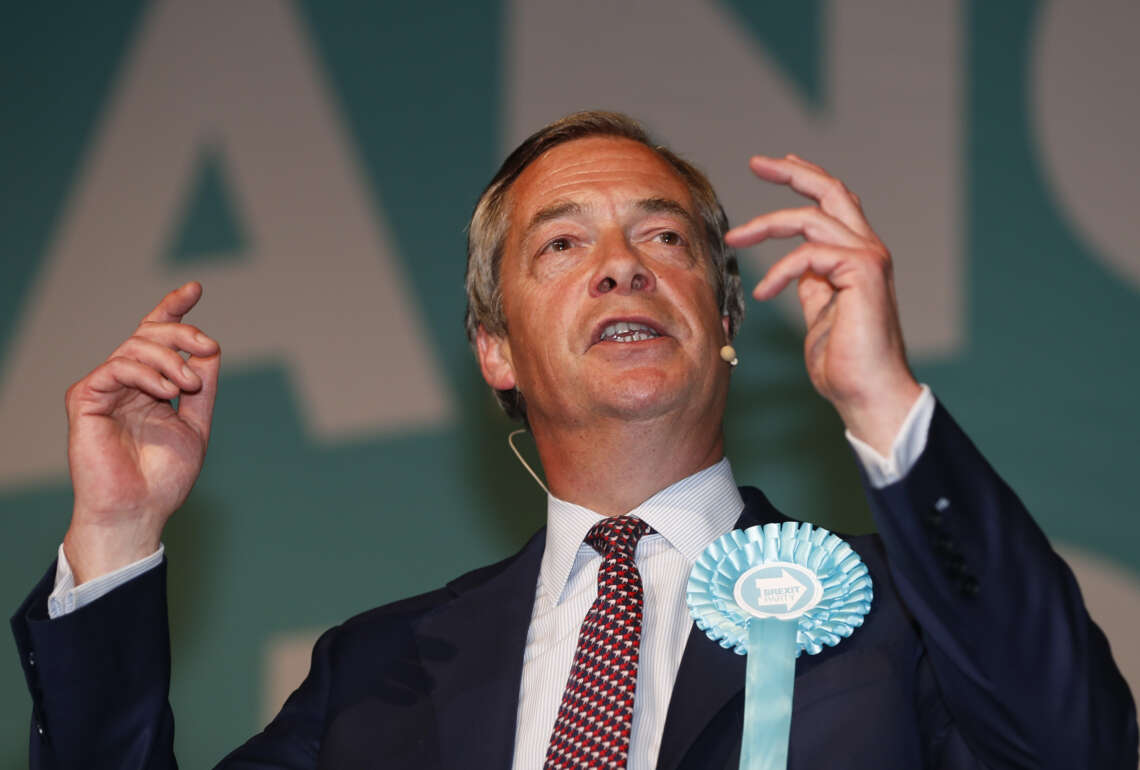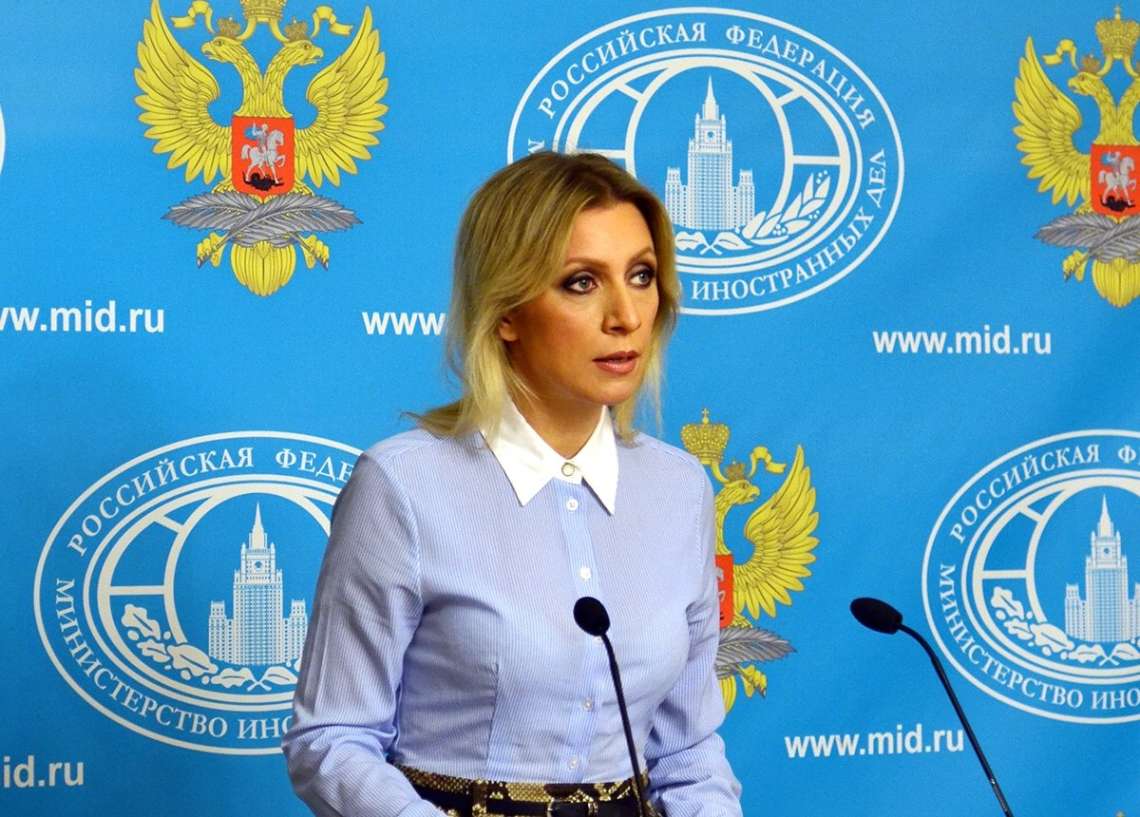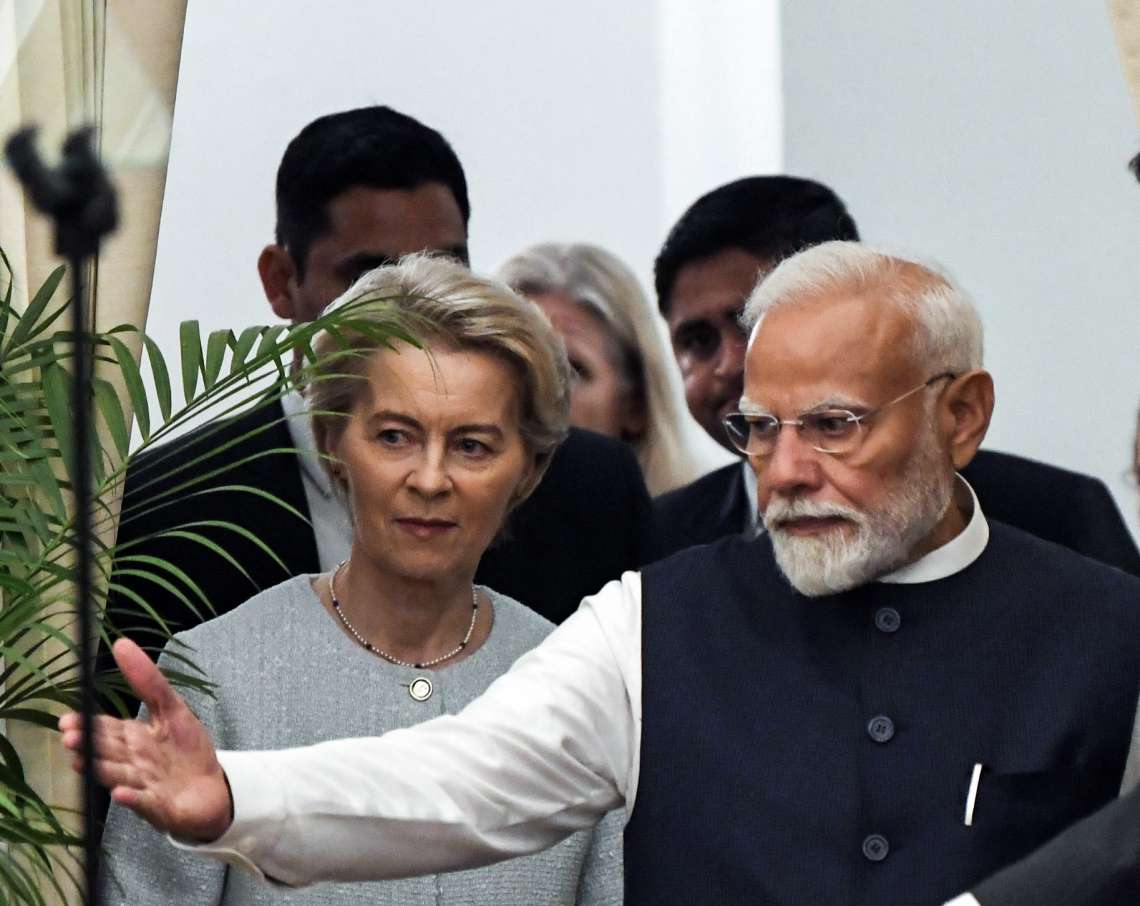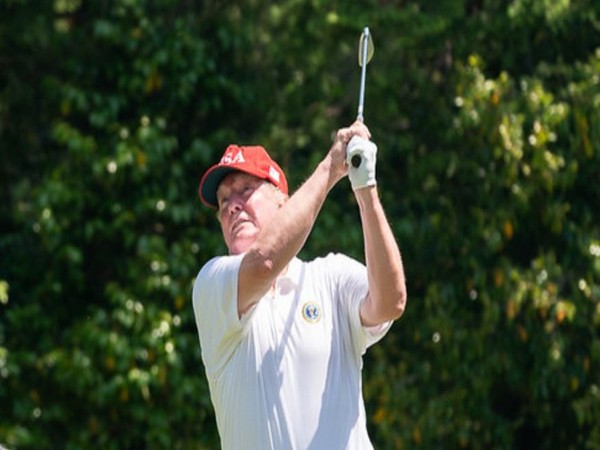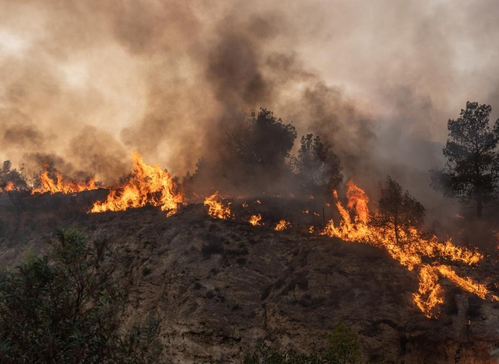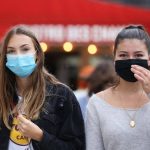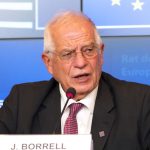Experts say that Trump’s signature tactic—flooding the media landscape with so many falsehoods that truth becomes difficult to detect—has proven highly effective and hard to counter
More than a century after American politician Hiram Johnson claimed that truth is the first casualty of war, it is again under siege—this time in the global culture wars. As former US President Donald Trump continues to distort public discourse with misinformation, British populist leader Nigel Farage appears to be echoing many of his tactics.
Farage recently proposed controversial policies, including deporting UK prisoners to foreign countries like El Salvador, slashing public health and education budgets, and boosting policing and prison expansion. US observers are noting the similarities to Trump’s agenda—and warning that Britain may face its own “blizzard of lies.”
Experts say that Trump’s signature tactic—flooding the media landscape with so many falsehoods that truth becomes difficult to detect—has proven highly effective and hard to counter. Omar Noureldin, senior VP at non-partisan watchdog Common Cause, noted: “Seeking the truth here comes with costs and risks,” especially with fewer media owners committed to holding power to account.
A shrinking trust in institutions has further complicated factchecking efforts. Social media platforms, where content spreads rapidly and unfiltered, have replaced traditional news sources for many. Even accurate factchecks now struggle to persuade increasingly polarised audiences.
Julie Millican, VP at Media Matters for America, explained: “Misinformation spreads faster than truth. And ironically, factchecking sometimes backfires—people distrust institutions so deeply that corrections just reinforce their original belief.”
A 2022 report from Protect Democracy revealed this may be part of a deliberate strategy employed by authoritarian movements: rather than convincing the public of one lie, they work to destroy belief in objective truth itself.
Compounding the challenge is the strategic placement of ideologically loyal figures in key positions of government. Trump’s appointment of vaccine-sceptic Robert F Kennedy Jr to lead the Department of Health and Human Services, for example, raises fears that even baseline facts could be politicised and manipulated.
“Factchecking was already hard,” Millican said. “But now, access to trustworthy data is being undermined too.”
Still, campaigners argue that all is not lost. A multipronged approach—focused on building media literacy, increasing independent research, and proactively countering disinformation—could provide resilience. Teaching young people how to identify manipulated content on platforms like TikTok is one key step.
Another method is the use of “pre-buttals”—early interventions to neutralise expected misinformation. Ahead of the last US election, Common Cause and Media Matters created videos addressing likely false claims about voting, helping to limit their spread.
Shalini Agarwal, special counsel at Protect Democracy, stressed the importance of quick action against dangerous rhetoric: “It’s crucial to call out the demonisation of marginalised groups—like immigrants—at the moment it begins.”
The media also plays a critical role in truth defence, even as it comes under increasing attack. Trump frequently labels journalists as “fake news” and attempts to exclude certain outlets from press events. Agarwal urged reporters to act collectively: “When leaders dodge questions or lie, it’s up to other journalists to press back and demand accountability.”
For Britain and Europe, the warning is clear: prepare now. Fortify independent media and defend online safety laws. The UK’s Online Safety Act and the EU’s Digital Services Act are vital tools, Millican said, but are already under fire from those who equate content moderation with censorship.
“The first step in an authoritarian playbook is to undermine and control the information environment,” Millican warned. “Don’t let that happen. Protect your truth ecosystem—because once it’s broken, it’s incredibly hard to repair.”


